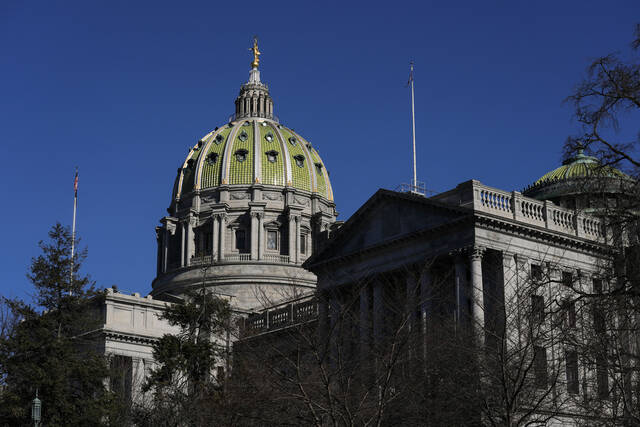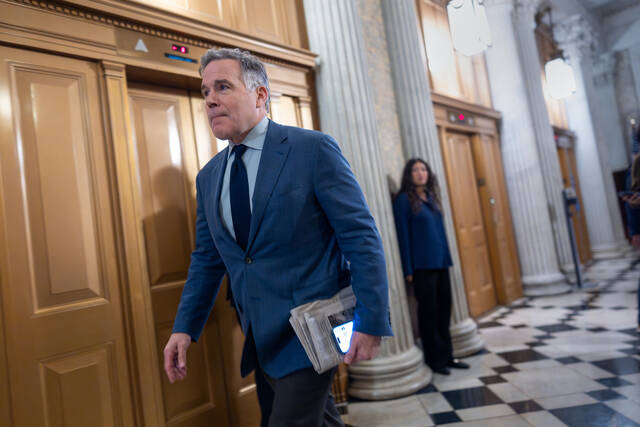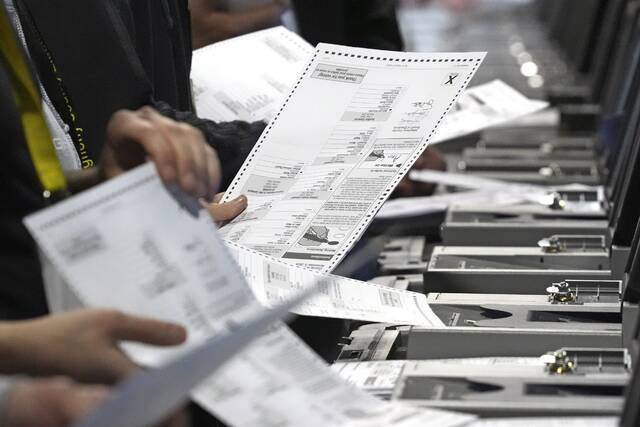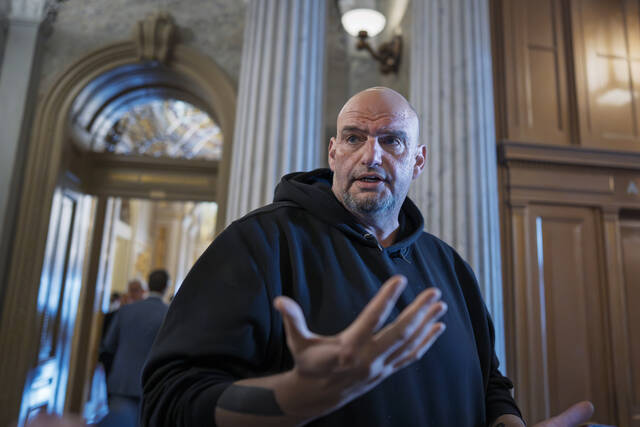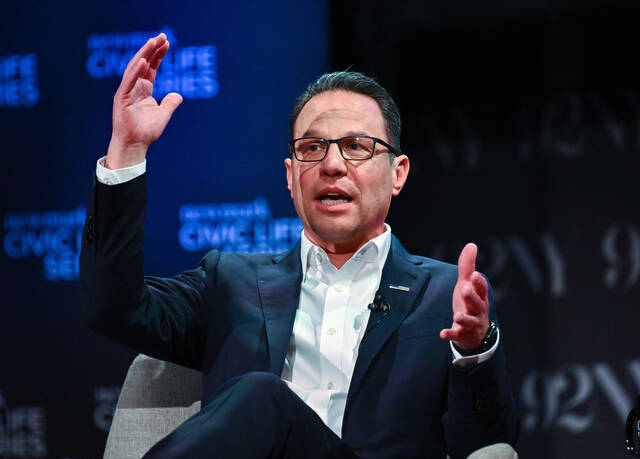John Pergal is in a difficult situation.
Pergal owns the Thunderbird Cafe & Music Hall in Lawrenceville, and is part of the ownership group for the Roxian Theater in McKees Rocks.
Both buildings are usually filled with the sounds of music and the sight of dancing crowds enjoying their favorite bands.
Both have been silent since mid-March, and a group of state legislators is hoping to keep them financially solvent until they can pump up the volume once again.
“It’s do or die,” Pergal said about the PA Save Our Stages Act, introduced last week by State Rep. Jake Wheatley, D-Hill District.
The bill would provide grants for independent venue operators, theaters and promoters who have been unable to open their doors due to the health and safety measures in place to stop the spread of coronavirus.
“The problem is, we’re the first to close and the last to open,” Pergal said. “Our ‘inventory’ is bands that tour. Even if they were to say tomorrow, ‘Everyone can open at full capacity,’ that kind of still doesn’t help.”
Pittsburgh music promoter Brian Drusky agreed.
“Independent promoters and venues are the lifeblood and the backbone of the music industry,” Drusky said. “Without us, this whole landscape of the industry changes and that can be devastating to the American Dream for millions of people whether that be aspiring musicians, artists, actors producers, promoters and entrepreneurs.”
Drusky’s company, Drusky Entertainment, has pivoted to staging shows over the summer and fall at the Starlight Drive-In in Butler, but with cold weather setting in, an Oct. 29 show is the last one listed so far.
“Funding now would mean that all the independent venues, promoters, etc, can continue the work that they invested their whole life in,” Drusky said. “We do not know if funding is coming from anywhere federally again because we are the forgotten industry.”
The Save Our Stages Act proposes:
● Establishing a $200 million grant program for those that organize, promote, produce, manage or host ticketed live concerts, comedy shows, theatrical productions or other events by paid performing artists.
● Eligible recipients must have fewer than 500 full-time employees, not be publicly traded companies, not own or operate venues in more than one country or more than 10 states, or receive more than 10% of gross revenue from federal funding.
● Each recipient is eligible for a grant no greater than 45% of gross revenue from 2019 or $2 million, whichever is less.
● Grant funding may be used for expenses incurred between March 1 and Dec. 31.
● Grant funding may be used for payroll and benefits, rent, utilities, mortgage interest payments, interest payments, insurance, PPE, existing loans, payments to 1099 employees and other ordinary and necessary business expenses.
Pennsylvania is home to 225 independent live music venues that employed more than 10,000 people in 2019 and generated roughly $1.36 billion in business, Wheatley said.
“It is critical that we make an effort to preserve this industry which is a jewel of the Commonwealth’s cultural crown,” Wheatley said.
He added that the live music ecosystem also feeds into other industries including dining and hotels.
In Stroudsburg, Sherman Theater Executive Director Rich Berkowitz faces rent, mortgage loans and other obligations with no way to generate income.
“Venues rely on traveling artists, who without a national plan can’t work the economies of scale to effect touring,” Berkowitz said. “In addition, the scale required to create acceptable margins normally requires people to be in close proximity to each other and the social distance spacing inhibits that from happening.”
After a multi-year renovation project, Pergal opened the new-look Thunderbird Café in the summer of 2019, and barely eight months in, was forced to shut it down as the coronavirus pandemic hit fullforce.
“The only saving grace is that the banks have been willing to work with us because they don’t want to own live music venues,” he said.
Even federal money from the CARES Act is difficult to spend without reopening.
“A big part of that was intended to bring employees back and use that for your payroll, but if you can’t bring the employees back, you can’t use it,” Pergal said.
The National Independent Venue Association represents more than 3,000 promoters, festivals and venues. Early on during quarantine, “our members told us … if the shutdown lasted six months or longer and there wasn’t federal relief to hold them over, 90% of them would fold permanently,” said NIVA President Dayna Frank.
It has already happened in Pittsburgh, with the September announcement that the South Side’s Rex Theater would close permanently.
“Unless there’s a vaccine soon or we get some kind of help, there’s probably going to be more venues closing,” Pergal said.
House Bill 2894 was referred to the House’s Commerce Committee on Oct. 14. Click here for more details on the bill itself.




